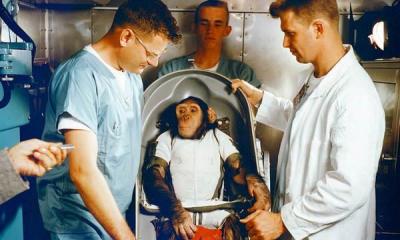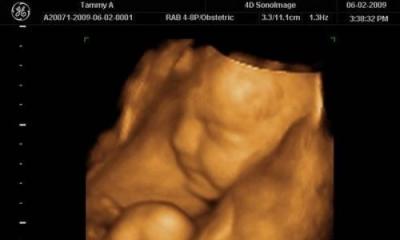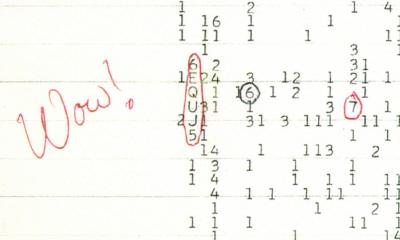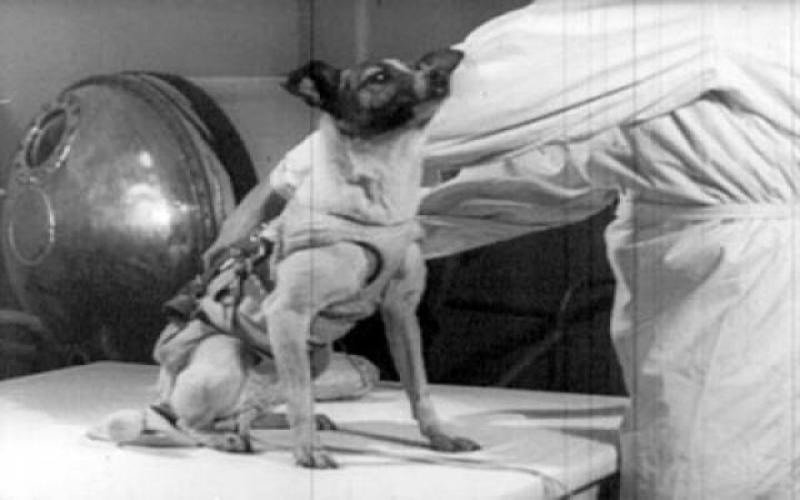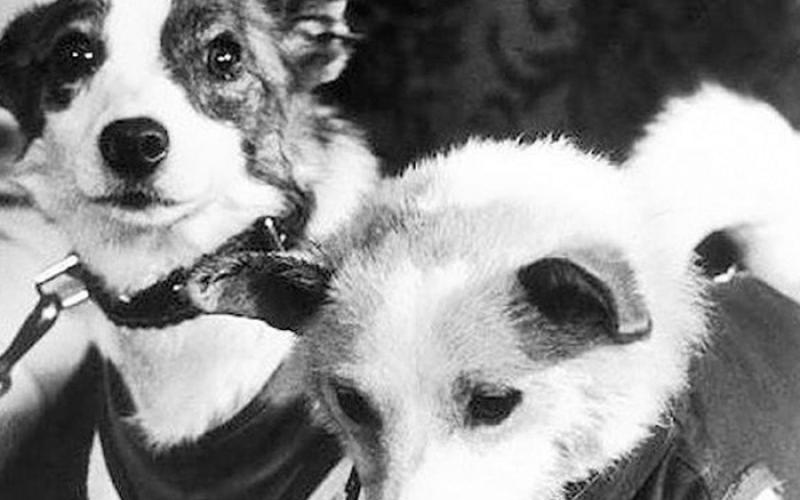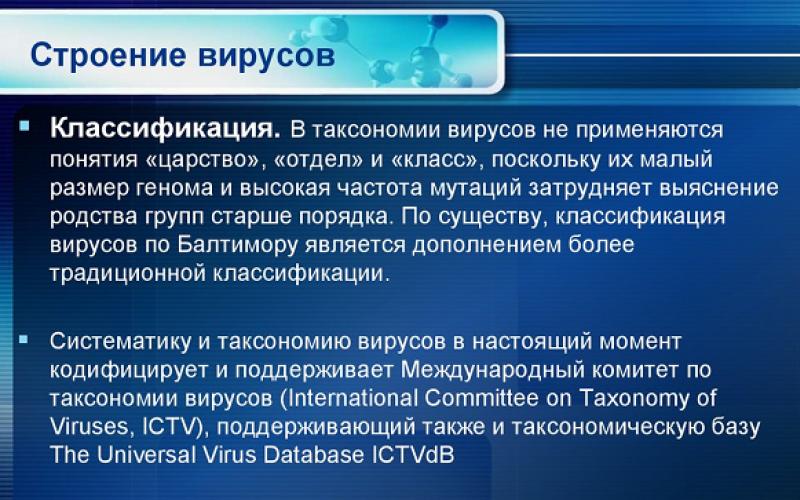Toothache can develop at the most unexpected moment. It happens that a medical appointment for the treatment or removal of tartar is joined in time with a feast with alcoholic beverages. Let's figure out whether it is possible to drink alcohol after a dentist, after anesthesia and plaque removal.
Effect of alcohol after dental treatment
Almost all medications cannot be combined with alcohol-containing drinks. Although a moderate dose of alcohol dilates blood vessels, improves mood, relieves nervous tension, not everyone will be able to stop in time after drinking a glass of wine or a glass of strong alcohol.
Someone tries to relieve discomfort after visiting a dentist by drinking alcohol. Or they ask the doctor if it is possible to drink alcohol after tooth treatment. Any specialist will answer in the negative, explaining this with the following points:
- ethanol, contained in any alcoholic beverage, affects blood clotting. Therefore, bleeding from the wound may disturb for several days, as a result, additional medical intervention will be required;
- alcohol after dental treatment can cause complications of a different nature. Suppuration may develop, hematomas may form on the gums, or the sutures will not heal.
You can not drink alcohol if there is arsenic in the tooth. This medicine is placed in a cleaned wound to neutralize the nerve. Simultaneous exposure to alcohol and the active components of the drug composition can cause destruction of the dental periosteum. The tooth will then have to be removed.
Some alcohol-containing products can cause infectious pathologies in the mouth. So, beer with sweet wines, consumed immediately after the end of a medical appointment, cause allergic reactions, or cause infectious irritation.
Why should alcohol be avoided after dental anesthesia?
Drinking alcohol after a tooth has been frozen and its subsequent extraction is not recommended.
As a freeze, in the treatment, compounds such as Lidocaine, Novocaine, Ultracaine, and some others are used. These drug formulations act in such a way that the analgesic effect is on a specific area, locally.
But, when the action of the active components of the drugs is completed, the anesthetic substance penetrates into the bloodstream, entering the liver tissue. If you drink alcohol after dental anesthesia, the liver will receive an increased load. The filtering organ will not be able to produce a sufficient amount of the enzyme responsible for the simultaneous breakdown of alcohol and the drug. As a result, poisoning may occur, because an increased amount of toxic substances will accumulate in the blood.
Liver cells in the process of increased production of the enzyme responsible for the breakdown of ethanol can be destroyed. Thus, the body can react to alcohol after dental anesthesia. To increase the effect of painkillers, while combined with alcohol, medications from another category, prescribed during treatment, can also. This applies to antibiotics and drugs with analgesic effect.
OUR READERS RECOMMEND! To quickly and reliably get rid of alcoholism, our readers advise. This is a natural remedy that blocks the craving for alcohol, causing a persistent aversion to alcohol. In addition, Alcolock launches regenerative processes in organs that alcohol has begun to destroy. The tool has no contraindications, the effectiveness and safety of the drug has been proven by clinical studies at the Research Institute of Narcology.
If you drink alcohol after anesthesia of the tooth, then the following consequences for the body are possible:
- increased blood pressure;
- increased heart rate;
- dizzy;
- nausea;
- weakness;
- breathing problems.
Alcohol after anesthesia of the tooth can have an effect on brain activity.
From all that has been said, it is necessary to form a competent conclusion. If you drink alcohol after anesthesia of the tooth, then the active substances of the drug for pain relief will remain in the blood for an indefinite time. As a result, the risk of toxic poisoning increases. Therefore, a person planning a medical appointment should not have thoughts about whether it is possible to drink alcohol after dental anesthesia.
Alcohol after ultrasonic cleaning of teeth
By signing up for an ultrasonic plaque removal procedure, the client will receive medical advice on further care of the mouth and teeth. The dentist will explain what kind of diet it is desirable to follow in the first days after the event, and what actions should be avoided until the restoration of normal sensitivity of the teeth. The doctor will definitely explain whether it is possible to drink alcohol after brushing your teeth.

Teeth cleaned from plaque in the first days are characterized by increased sensitivity. Therefore, you need to adhere to a certain diet. You can not eat and drink hot, cold, spicy, sweet until 2 days have passed since the procedure.
It is not recommended to drink coffee, tea and other drinks, including alcohol, containing dyes. If necessary, the doctor prescribes special preparations to help overcome the increased sensitivity of the cleaned enamel.
Failure to follow these recommendations leads to a second procedure, a decrease in the result, as well as pain due to high sensitivity after cleaning. That's why teeth hurt after alcohol if you drink it immediately after an ultrasound procedure.
Effect of alcohol on teeth
Usually, at a medical appointment, in addition to treating a specific tooth, a specialist checks the condition of the entire oral cavity. It is also possible to get a consultation and find out how alcohol affects the teeth.

The constant use of alcohol changes the color of tooth enamel, not for the better. The decay products of ethanol can cause fermentation processes in the oral cavity, which causes destruction of the gums and dental tissue.
The effect of alcohol on a person's teeth will in any case be negative if you consume an unlimited amount of alcohol. You should not eliminate a toothache by drinking alcohol. It is possible that the pain will subside for a while, but the symptoms will be smeared, and the tooth will continue to decay.
You can not drink before a medical appointment. Anesthesia may not work and the treatment will be painful. Or allergic reactions may occur to the combination of alcohol and painkillers. Blood pressure may rise and breathing problems may begin. The listed reasons to abstain from alcohol are enough. Therefore, do not put your life in danger.
Do you still think that it is impossible to cure alcoholism?
Judging by the fact that you are now reading these lines, victory in the fight against alcoholism is not on your side yet ...
And you already thought to code? It is understandable, because alcoholism is a dangerous disease that leads to serious consequences: cirrhosis or even death. Pain in the liver, a hangover, problems with health, work, personal life ... All these problems are familiar to you firsthand.
But maybe there is a way to get rid of the pain? We recommend reading Elena Malysheva's article on modern methods of treating alcoholism...


